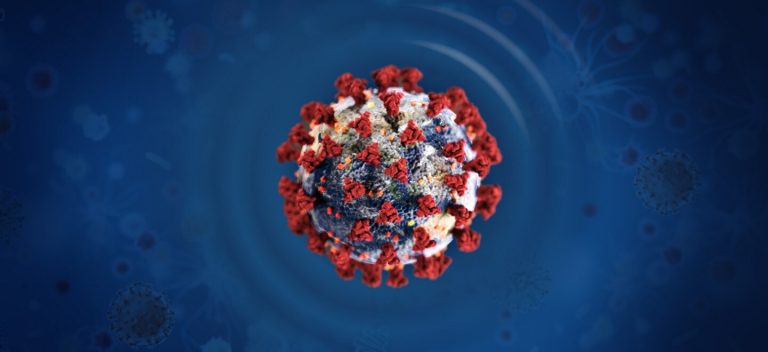The coronavirus or COVID-19 is spreading rapidly throughout the world. It started in China towards the latter part of January 2020, and the global numbers have steadily grown with the current figures at 207,860 cases and 8,657 deaths. The World Health Organization has declared it a global pandemic. The world’s stock markets have plunged to levels not seen before. The worldwide crash began on February 20, 2020 with continued levels of widespread volatility.
And, all of the world’s governments are implementing harsh measures that are designed to prevent this virus’s rapid spread. One of the prescribed prevention tactics is that of social distancing. Large parts of countries like Spain and Italy are forcibly being locked down with inhabitants confined to their homes unless they need to venture out to buy food or for medical treatment. Schools and universities, and most non-essential businesses have closed for up to four weeks.
The biggest challenge to effectively fighting this virus is that it can be carried by people whose symptoms are asymptomatic. In essence, they are not sick, so they don’t know that they are carriers of the virus and spread it to everyone they come into contact with.
Thus, the question that begs is: Can these people be held liable for transmitting the virus according to the Personal Injury Law?
At this juncture, it must be noted that the world’s population is in new territory and no one really knows what will happen in the future. Thus, it must be emphasized that this is nothing more than a theoretical discussion.
How are culpability and liability determined?
According to Naqvi Law, most motor vehicle accidents occur because someone, a driver, passenger, pedestrian, was careless. Thus, the determinization of legal liability is based on whether the one person was less careful than the rest of the people involved in the accident.
The same principle should apply to the unintentional transmission of a virus like HIV/AIDs or COVID-19. However, no one really knows as this scenario has not yet been tested in a court of law.
There are examples of cases in the 1980s where it was determined that a HIV carrier was held liable for the transmission of the HIV virus. As an aside, HIV transmission has now been decimalized. But, it one stage it was a criminal offense to knowingly carry out acts that the other parties involved ran the risk of being infected with the virus.
While criminal liability is not linked to civil liability, criminal liability will open the doors for civil personal injury claims. Thus, if fact that the virus is knowingly transferred to another person can be proven in both the civil court, personal injury claims can be filed against the guilty party. However, this is only possible if legal liability can be proven.
The way forward
Thus, at this juncture, the best way to get through these tough times, is to self-isolate, listen to the local authorities, and speak to a medical professional if you start experiencing the common coronavirus symptoms.


0 Comments